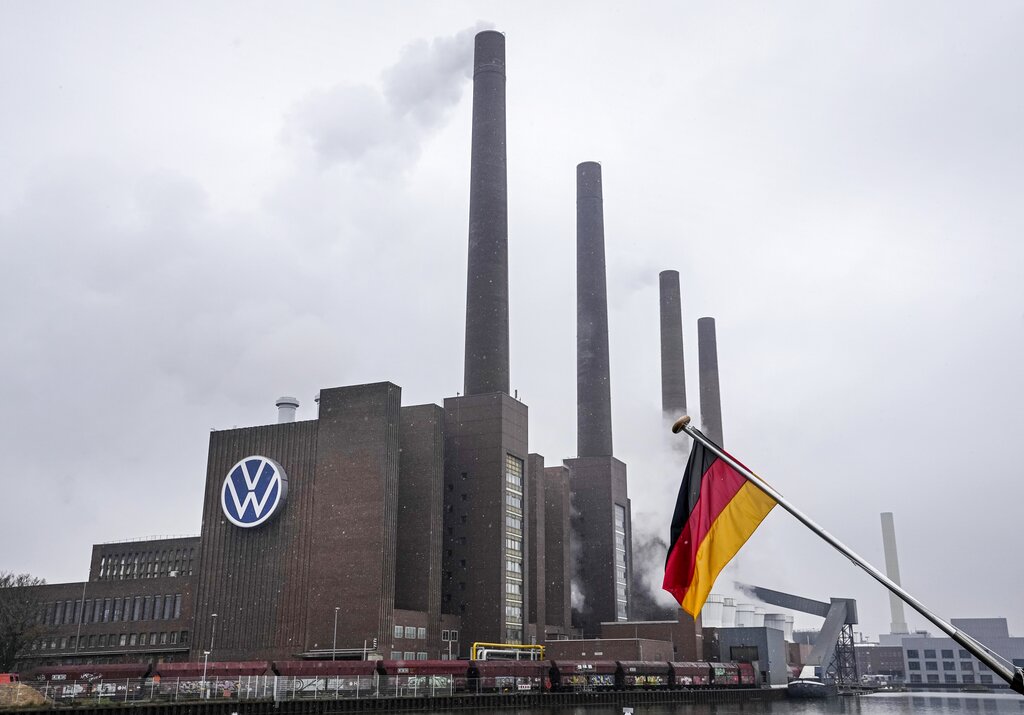The CEO of Volkswagen Passenger Cars, Thomas Schäfer, has announced plans to cut jobs due to the current crisis facing the German automotive group, which has long been seen as one of the most influential and powerful automobile producers in the world.
“With many of our current structures, processes and high costs, we are no longer competitive as a VW brand,” said Schäfer on Wednesday at a general meeting of union shop stewards in Wolfsburg, which is the headquarters of VW. The 53-year-old predicted that the company would therefore have to “tackle the critical issues, including personnel.”
The news comes at a time when the German left-liberal government is reeling from a sinking economy, growing budget deficit, and accusations that the government is sabotaging private industry with its costly energy transition and migration policies.
The VW leader pointed to companies like Tesla, which now has an automotive plant outside of Berlin, where costs have been dramatically lowered to the point that Tesla makes significantly more per car sold than VW and other companies. Schäfer argues that VW must follow suit or perish.
[pp id=45774]
German media outlets such as News38 are reporting about internal letters that point to up to 6,000 job cuts in the future at Wolfsburg, which would account for one in every 10 jobs. The news is sparking shock within the VW workforce.
VW personnel director Gunnar Kilian is now pushing for more part-time jobs for older employees to help cut costs.
“We must consistently see the demographic curve as an advantage,” Kilian demanded.
The German industrial model features workers’ councils, which act as mediators between the companies and workers. The workers’ council is negotiating with management to increase efficiency and save a total of €10 billion in costs; however, such cost-cutting moves have long been pursued by German automobile producers during each new crisis.
Currently, no final decisions have been made in regard to these cost-cutting measures. It is important to note that the German government is a substantial shareholder in VW, and any decision made often is made in cooperation with government officials. With the left-liberal bloc, there may be pressure behind the scenes to avoid an embarrassing round of layoffs.
At a works council meeting in Wolfsburg on Dec. 8, VW employees will learn more about how negotiations are developing, with VW aiming to implement changes before 2024.
Group management and the workers’ council are currently negotiating a program for greater efficiency in the company, which is intended to save a total of €10 billion. No concrete decisions have yet been made. At a meeting in Wolfsburg on December 6, employees are to be informed about the status of negotiations. The company’s aim is to have decided on the main changes before the end of the current calendar year.
Volkswagen Passenger Cars is part of the Volkswagen Group, which produces a number of other brands, including Audi, Ducati, Porsche, and Seat. The group, in total, made €73.8 billion in revenues last year, while Volkswagen Passenger Cars account for about one-third of this revenue.





